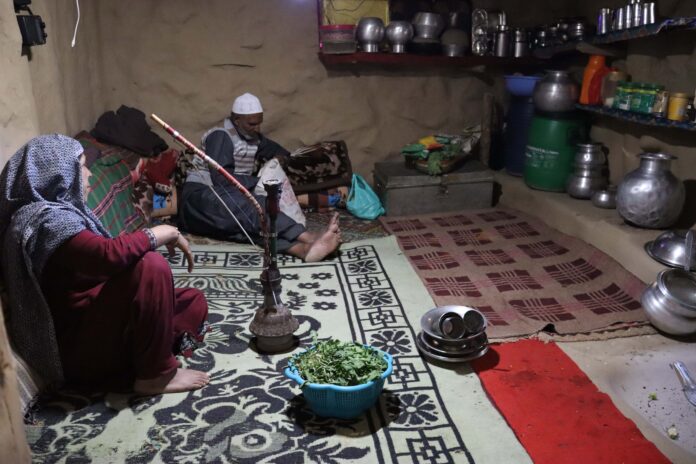
Kounsar Bashir and Safoora Hilal/TwoCircles.net
Srinagar: As Jammu and Kashmir approaches the third and final phase of its Assembly elections — marking the first polls in nearly a decade — political campaigns are in full swing. However, a significant section of the population remains sidelined: the Gujjar and Bakerwal communities. With a combined population of 34 lakh, these groups, especially those in remote areas, continue to be deprived of essential rights and services, including mobile schools, primary healthcare and transport facilities. Many regions still lack mobile networks, leaving them disconnected from the rest of the world in every sense.
While some are hopeful about casting their votes for a better future, others, including many from the Gujjar and Bakerwal communities, feel politically, socially and economically marginalised.
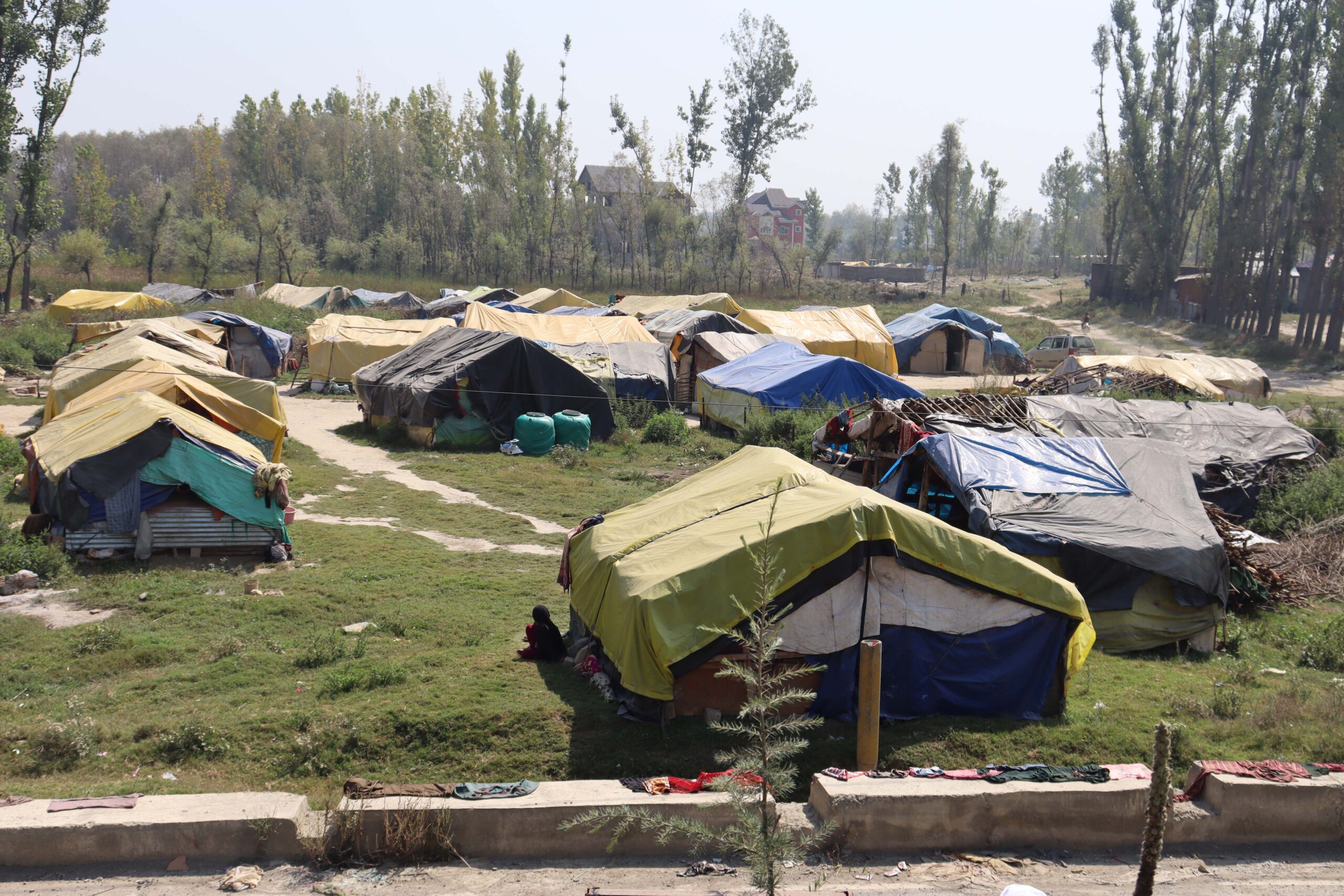
Ahead of the elections, delimitation exercise was carried out in the erstwhile state that allocated 47 seats to Kashmir and 43 to Jammu. This panel added six seats for Jammu and only one for Kashmir, leading to accusations from the Opposition of favoritism towards the Hindu-majority region. The exercise also reserved nine seats for Scheduled Tribes, involving renaming and redrawing some constituencies.
‘No Hope, No Vote’
Plucking “handh” (dandelion greens – a miracle herb that is rich in antioxidants ) in the meadows of Yousmarg, a hill station in the western part of the Budgam district, Rasheeda Begum, in her early 50s, spoke about her community’s disillusionment.
“Parties come here for campaigns and ask us to vote, promising a lot, but in the end, it turns out just hollow claims. They have been saying this since the first government was formed in the state of Jammu and Kashmir,” she told TwoCircles.net.
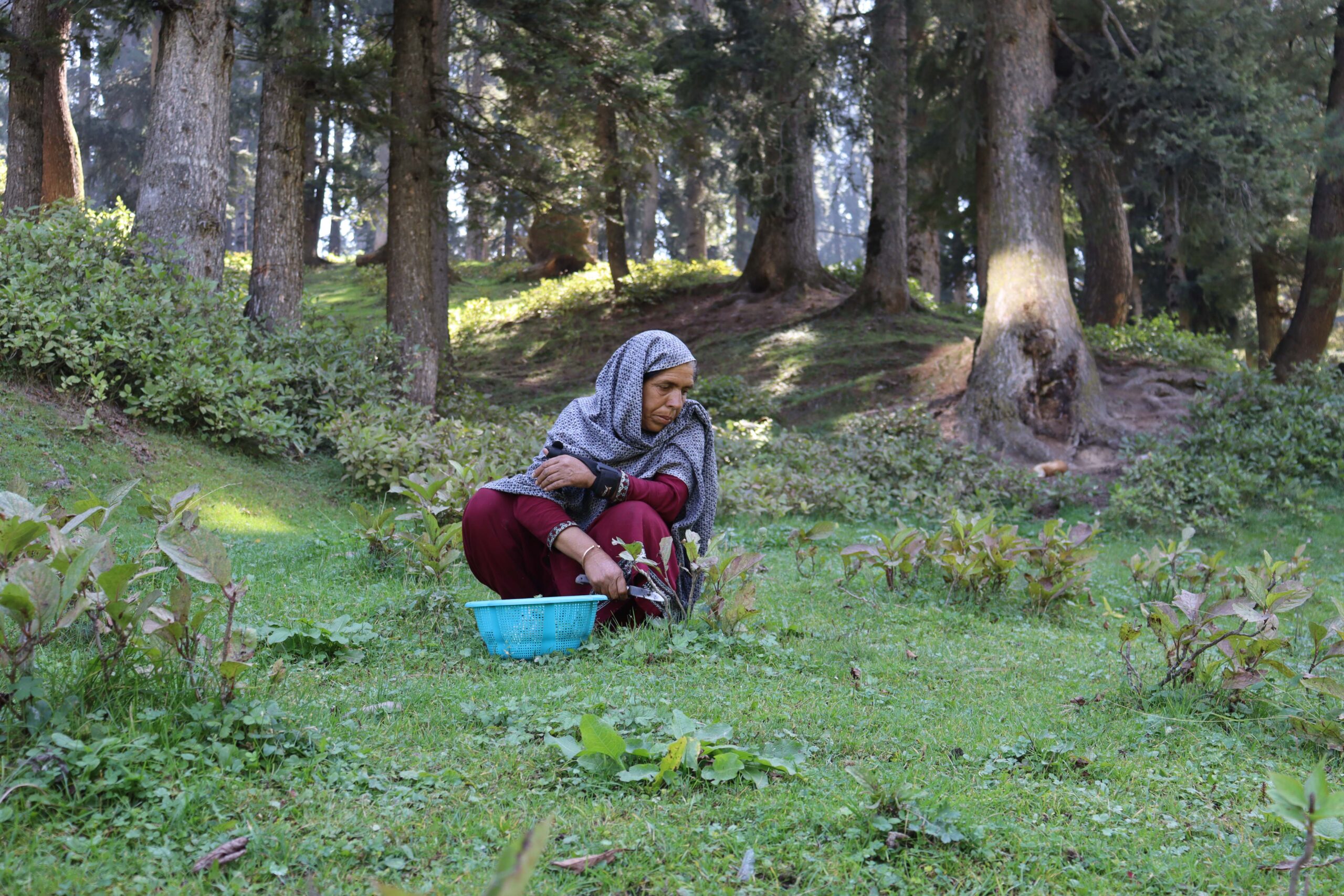
She went on to complain about the absence of even basic facilities like healthcare infrastructure, education facilities, etc. “There are no doctors, schools or mobile towers to make our lives easier. Pregnant women and children suffer greatly due to the lack of a Public Health Care (PHC) facility, let alone a hospital.”
She recounted the harrowing experience of transporting a woman in labor. “If one suffers from labor pains, she has to endure it all night, leaving her and her unborn child’s lives on their fate. We carry such women on a makeshift stretcher until we reach a spot where we get mobile communication signal to call for private transport to the nearest hospital, which is in Charar-i-Sharief.”
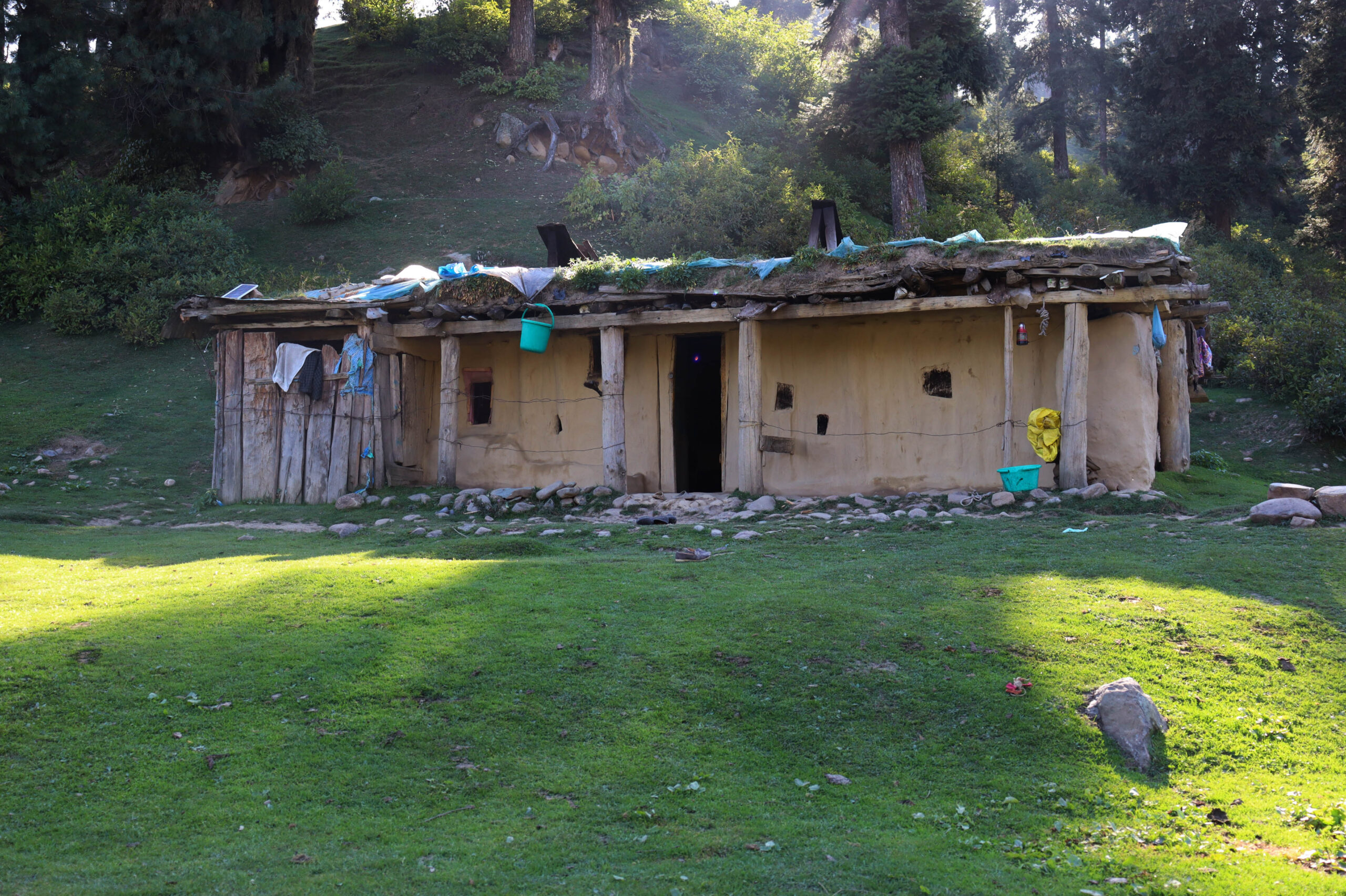
According to Rasheeda, no ASHA workers have ever checked on pregnant women in their area. A medical camp, she said, was held in the area just once in the past two years. “We were not satisfied in the past, nor are we satisfied in the present, nor will we be in the future if things continue like this,” she declared.
Former Sarpanch Abdul Karim, 55, echoed the same sentiments, stating that he has repeatedly approached local authorities about basic needs such as dispensaries and schools, but to no avail. “We have MLA Abdul Rahim Rather, but he has done nothing in the 36 years he has been elected. What can we expect from others? That man is despicable and power-hungry.”
Karim noted that a mobile school operated for 2-3 years, but it was closed after the abrogation of Article 370 – leaving their children without education. “Candidates from different parties come for votes, but only make hollow promises. They arrive like dogs seeking votes and then forget us,” he said with disgust. “We don’t benefit from elections, so we will not vote to avoid disappointment.”
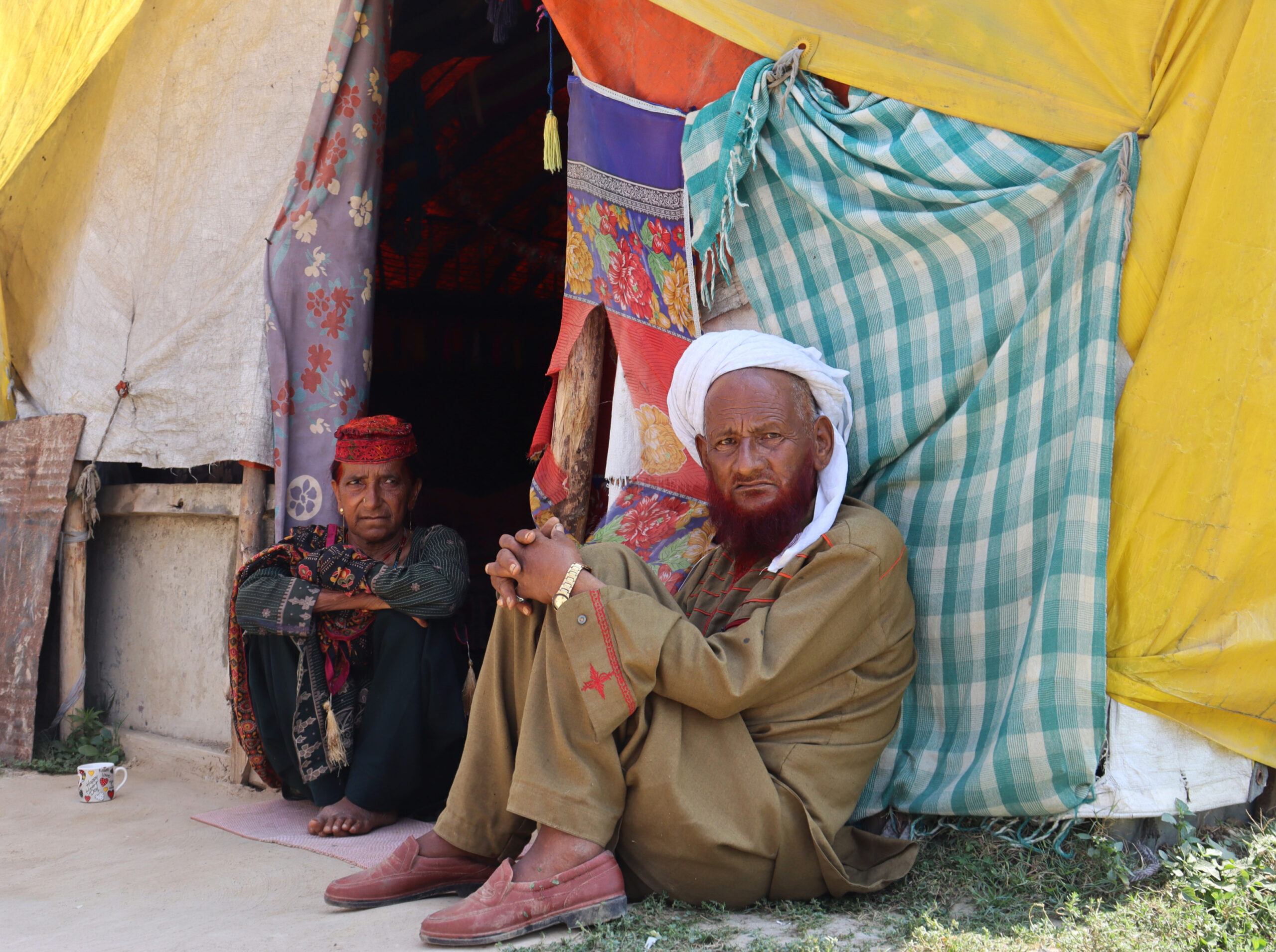
“We lack basic facilities, as if we are not human. When we are sick, we must travel 23 km to the district hospital,” he added, recalling the death Rasheeda had mentioned.
Thread of Hope
On the outskirts of Srinagar, an elderly Bakarwal couple, Mela Khan and his wife Dilla Bibi, sat outside their tent, chatting in the afternoon heat. Khan, a dialysis patient from Rajouri, lamented, “Everyone has made false promises till now in the pretense of votes.”
Despite his disappointment, he expressed hope for the upcoming government to improve their lives. “My kids went to vote in Rajouri. Hamey Abdullah Sahab se bohat umeed hai, isliye ham apna vote unhi ko dalenge [We have a lot of hope in Abdullah Sahab (Omar Abdullah), which is why we will cast our vote for him,” Khan said, revealing a glimmer of hope on his face, even as he acknowledged that the National Conference government over the past 30 years has done little for them.
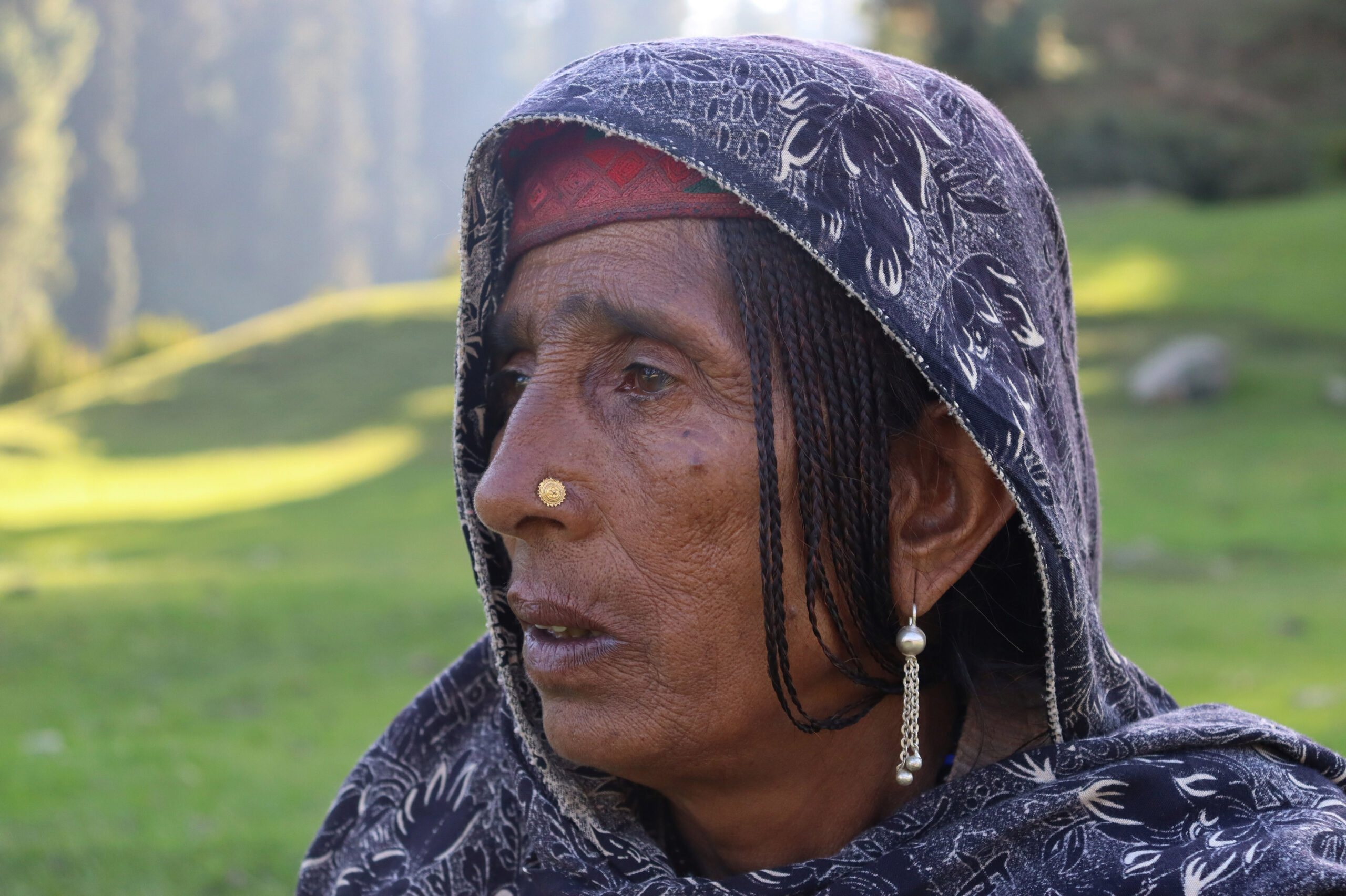
“Our kids are left illiterate because the government had promised mobile schools for Bakarwals due to their migration, but I have not seen any,” he added.
Another Bakarwal, Abdul Khaliq, in his late 40s, remarked, “We are living in false hope, but still it is hope. I won’t reveal who I will vote for, but we will vote, despite politicians failing us time and again.”
“There has been no improvement in our lives; we are still where we were 10 years ago. Due to the negligence of the past government, we are living like those who don’t fit into society,” he lamented.
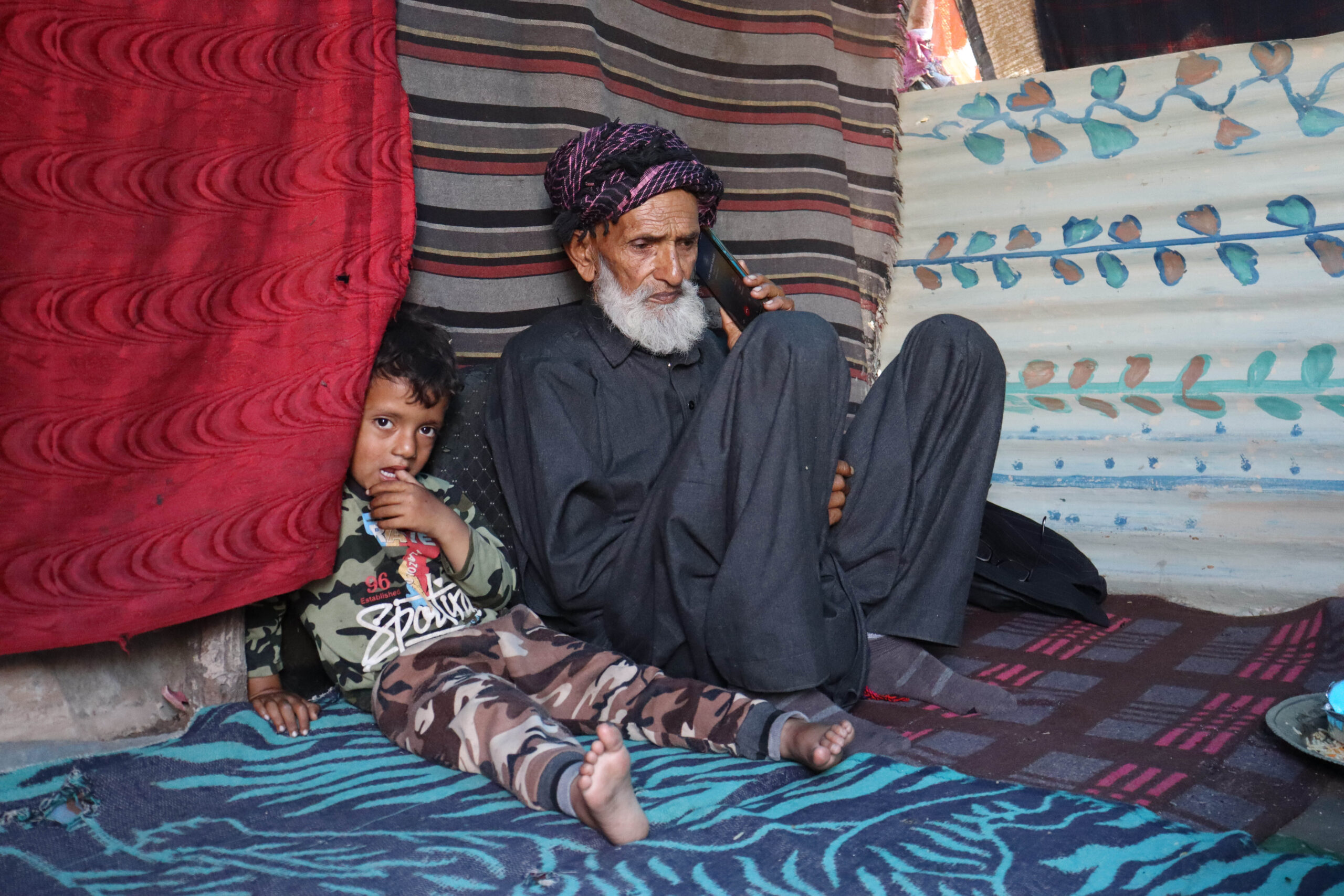
Abdul Rehman, 77, while feeding his grandson in their makeshift tent, expressed his views on the political landscape. “Political parties only seek power; otherwise, everyone is neglected. In my 77 years, I have seen the rule of everyone, from Abdullah’s to Mufti’s, and there has been no progress in improving our living conditions. We were backward, and we still are. We hope for the National Conference government; we pray for no BJP government.”
(Safoora Hilal tweets @Safoora_hilal. Write to Kounsar Bashir at @Kounsarbashir)

